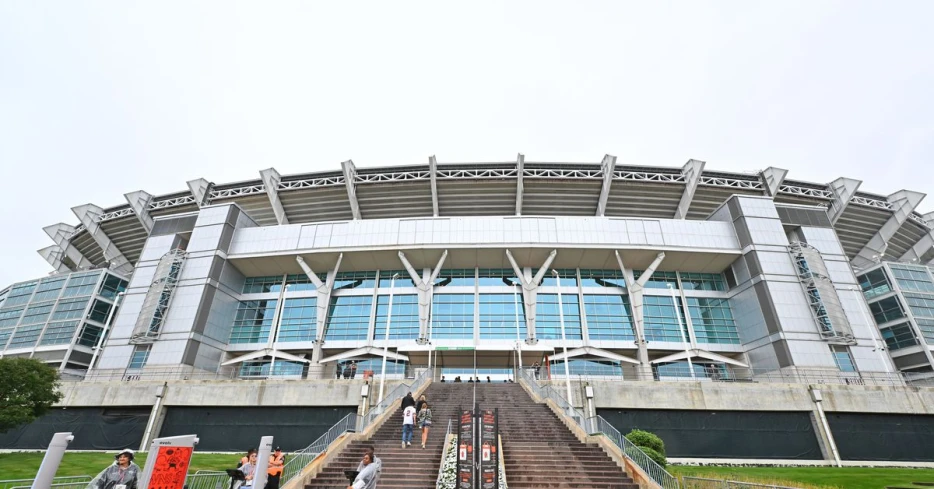
 Dawgs By Nature
Dawgs By Nature
Politicians and business owners question move to Brook Park, team seeking clarity on “Modell Law,” all part of the ongoing discourse.
The Cleveland Browns made what appeared to be the definitive statement last week about their future home.
Team ownership is going to purchase land in the Cleveland suburb of Brook Park, build a domed stadium and an adjacent “lifestyle and entertainment district,” and move into their fancy new digs once their lease with the City of Cleveland is complete in 2028.
Of course, nothing is ever that simple, as other interested parties continue to comment on the matter:
While there is no doubt the move makes financial sense for the team, the benefits for the community may not be as clear, as Mark Rosentraub, a professor of sports management and director of the Center for Sports Venues & Real Estate Development at the University of Michigan, told Crain’s:
“(The Brook Park) site does nothing to change the community and environment of Northeast Ohio. One thing that has to be understood … is that the only impact that’s worth public investment is one that enhances regional economic development. This is not a fast-growth region. Instead, what you are doing is diluting a market that is growing slowly at best.”
There is also the legal side of the equation as the City of Cleveland is reportedly preparing a lawsuit against the Browns by using the so-called “Art Modell Law” (officially Ohio Revised Code Section 9.67) that requires owners of professional sports teams that play in a taxpayer-supported stadium to give at least six months’ notice before leaving and must give the city or local investors an opportunity to buy the team.
That all sounds good on paper, but it ultimately could prove worthless as the Browns have checked off on giving six months’ notice and there is no requirement that they have to accept an offer to sell the team.
The Browns responded to the potential lawsuit on Thursday in a statement from Dave Jenkins, chief operating officer for the Haslam Sports Group, that seeks some clarity on the issue:
Throughout our future stadium planning process, we have always acted transparently and in good...